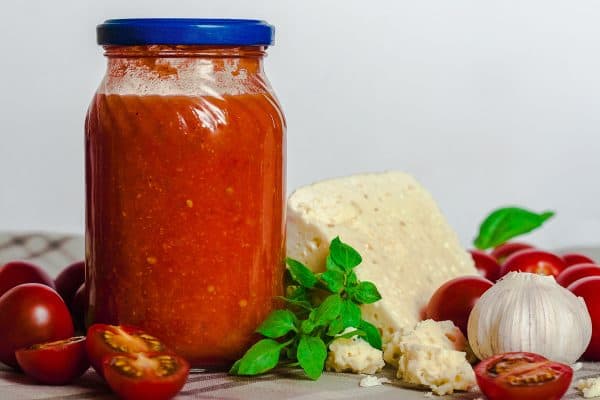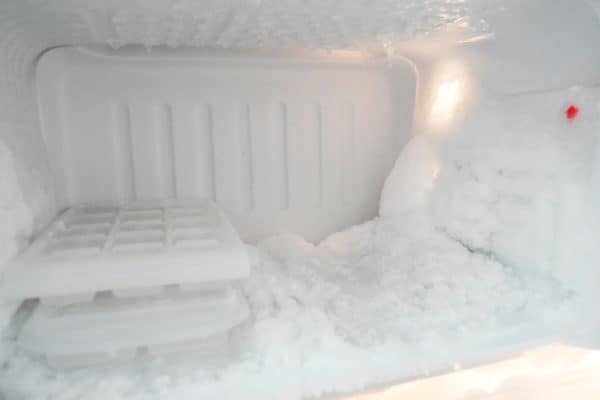Chickens are probably the best poultry pet there is. So most people have them as a daily source of eggs or meat, while some use them as an income stream all year round. However, just like livestock and vegetable produce, they are affected by winter. This begs the question...will they be all right in freezing weather? We have thoroughly researched the topic to provide you the best answer.
Chickens, whether they are laying, meat, or dual-purpose breeds, do well in freezing weather. Their natural heat insulator and high metabolism generate enough body heat to keep them warm. Even if they roam around in a snow-filled yard, they stay okay as long as the temperature does not dip well below 32 degrees Fahrenheit. However, not all types of chicken are cold-tolerant. The smaller breeds, as well as those that have large combs and wattles, tend to be more susceptible to cold. Fortunately, making their coop winter-ready, feeding them well, adding a sunroom, and applying petroleum jelly on their combs and wattles can provide them comfort in the winter.
Keep reading more as we break down the information above into more detail in this blog. Plus, we’ve added tips on how you can keep your chicken coop winter-ready.
NOTE: WE MAY GET A COMMISSION IF YOU DECIDE TO MAKE A PURCHASE THROUGH THESE LINKS. THERE'S ADDITIONAL NO COST TO YOU. CHECK THE BOTTOM OF THE PAGE FOR MORE INFORMATION.
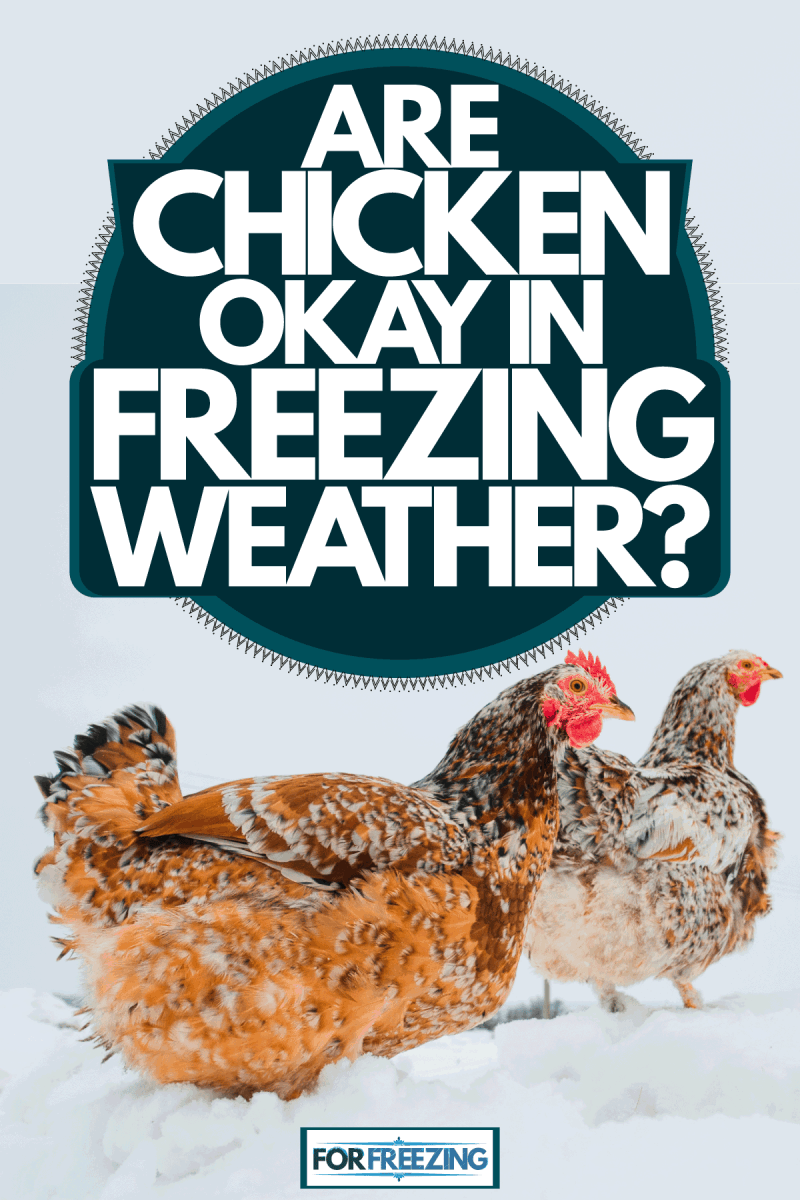
How Can You Tell If Chickens Are Too Cold?
Although chickens are good at adapting to the changes in the weather, they can still be vulnerable and affected by extreme cold. Identifying when chickens are too cold is easy.
Chickens that are feeling extremely cold usually have fluffed feathers in an attempt to keep the warmth in their body from escaping. Another indication that chickens are cold is when they cover their feet with their feathers while perched off the ground. You may also notice them cuddling each other to keep each other warm.
But if you’re still unconvinced by this, one surefire way is to place your hand inside their feathers. If you find that they are producing less body heat than usual, then they may be at the doorstep of cold stress or hypothermia. When this happens, immediately take the chicken indoor and wrap it with a warm cloth or blanket.
Winter Care Needs of Chickens
All types of chickens generally need the same care in freezing weather. Below are some chicken care tips you should follow to keep your chickens fuzzy and warm in the winter:
- Apply petroleum jelly or similar product on every chicken’s combs and wattles as they are exposed body parts, hence more susceptible to cold.
- Make sure chickens stay dry. Letting chicken be soaked in water is far more dangerous than the cold or snow outside as this increases the risk of cold stress.
- Constantly change the drinking water to prevent chickens from drinking cold water. Better yet, use automatic water heaters to avoid frozen water.
- In times when temperatures drop to double-digit negatives, consider adding heat lamps or regulated heaters inside the coop during the night.
- Feed the chickens corn at night, so their bodies keep producing heat while digesting the food.
- Clean the coop regularly to prevent waste buildup that can produce extra moisture in the coop. Decomposing waste produces moisture that can cause frostbite.
- Pack the chickens’ diet with extra protein or suet to help them build extra layers of fat, a necessary diet component that helps in keeping them warm in freezing weather.
- Consider using heated perches for the chickens to keep their feet warm.
Can Chickens Freeze To Death?
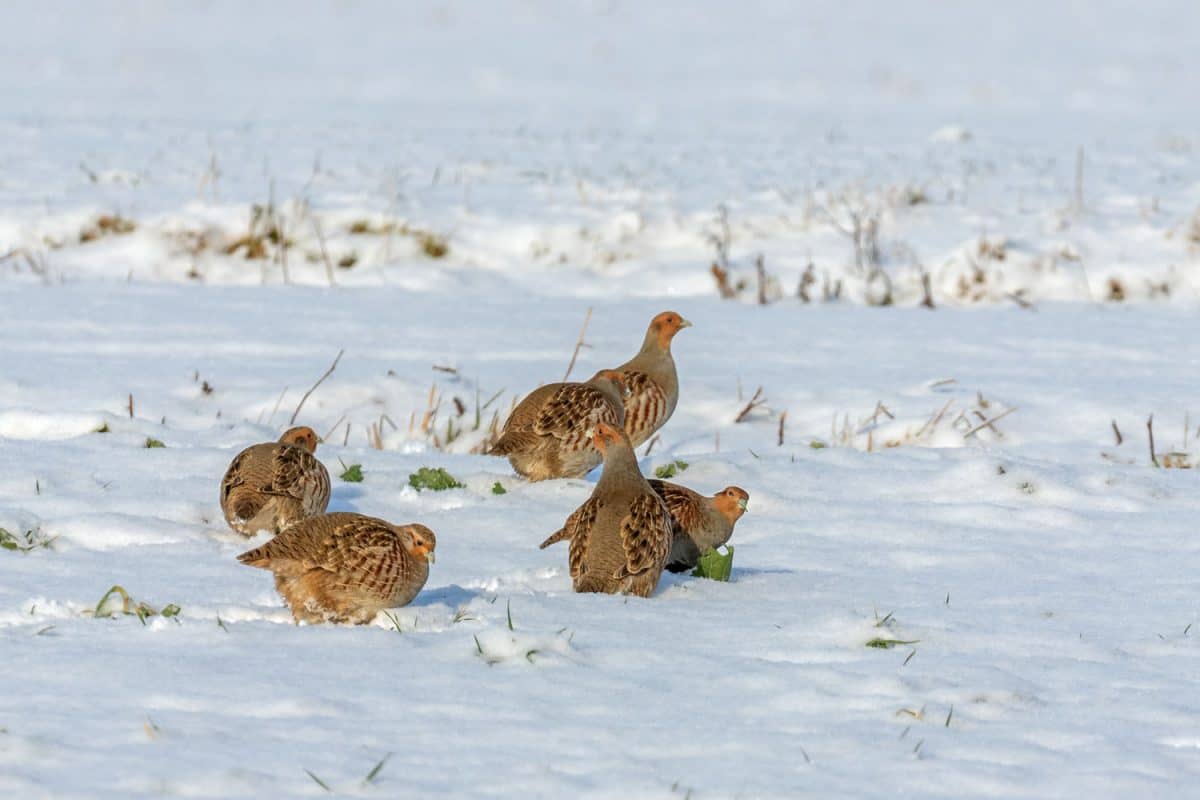
The possibility of chickens dying from hypothermia or freezing during the winter is considered unlikely. But that does not mean it’s impossible, especially when you’re not caring for them enough.
Chickens can certainly freeze to death, but for two different reasons. For one, the lack of preparations before the winter, and the second is the bad health of the chicken, which could prevent it from regulating its body temperature.
Death due to low temperature does not happen often. In fact, blogger Chris Lesley even noted that his chickens have done fine when the temperature in upstate New York dropped to -10 degrees Fahrenheit.
Can Chickens Sleep Outside In The Cold?
Chickens survive better in the cold than the heat. In fact, the number of chickens that die due to heat far exceeds that due to the cold weather. Thus, chickens usually do well outside. They can even sleep outside in the winter night as long as the temperatures do not drop any lower than 32 degrees Fahrenheit which is the freezing point of water.
Do Chickens' Feet Get Cold In The Snow?
The most vulnerable parts of chickens are their feet, comb, and wattles as they are exposed to the air. This begs the question, will these uncovered parts get cold in the snow or freezing temperature?
The simple answer is yes, especially their feet. Although the scales on their feet keep the heat to some extent, chickens can still get cold when they stand in the snow for too long.
Fortunately, they adopt the “one-leg” maneuver. They don’t keep both their feet on the cold ground or snow for too long and instead stand on one leg at a time, keeping the other tucked to its body. This way, they minimize the heat loss while looking for food on the ground.
Do Chickens Lay Eggs In The Winter?
Naturally, chickens lay fewer eggs or stop laying eggs altogether in the winter. It’s a natural effect of the biological composition of chickens that goes along with the change in the season. During the winter, the number of daylight hours decreases during the winter, which results in fewer or stoppage of egg-laying in chickens.
The winter serves as a break and re-charge for the chicken’s body. Plus, chickens are naturally wired to stop laying eggs because the survival of chicks is lower in the winter.
However, if you are raising chickens for the sole purpose of producing eggs, there are ways to do it. You need to provide the hens with artificial light as a supplement for the shorter daylight hours. And you should double down on the food your chickens eat. The more food they digest, the more metabolic process that will sustain them warmth to keep producing eggs.
How Do You Winterize A Chicken Coop?
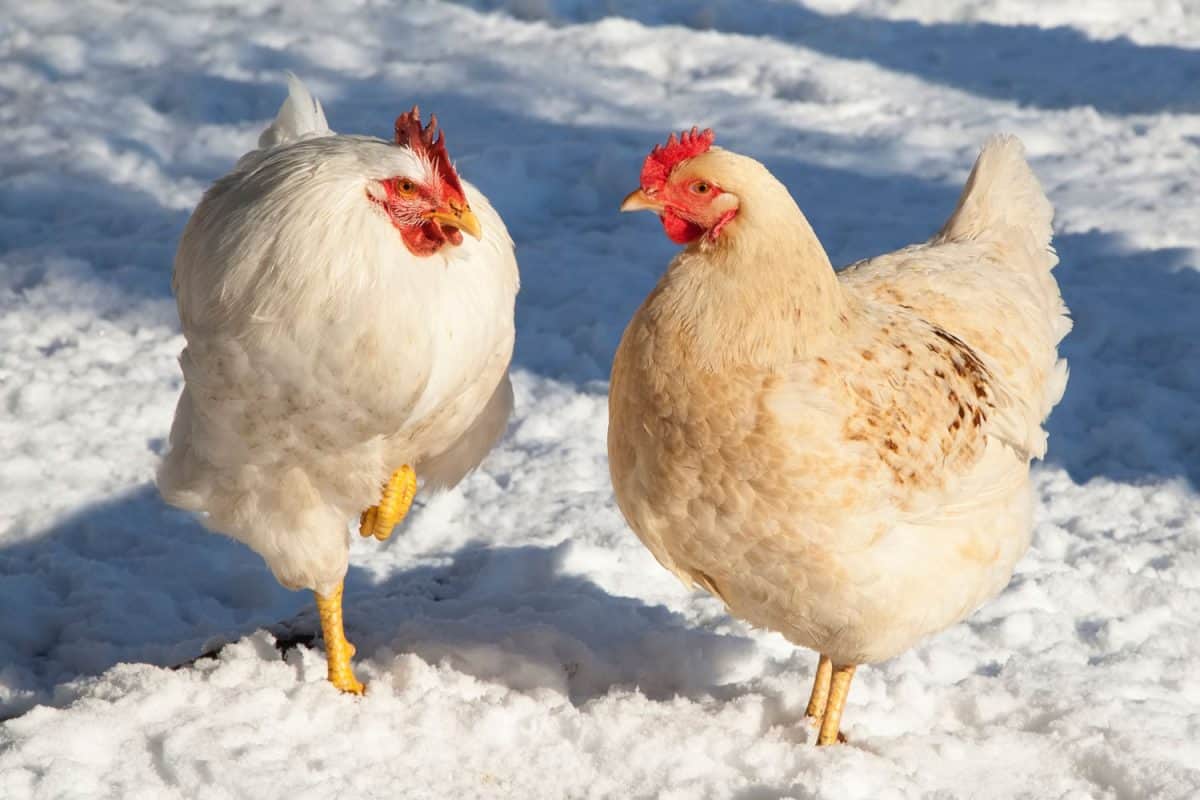
Keep your chickens comfortable even in freezing weather by winterizing every part of the coop. Whether you’ve already built a coop or just thinking of ways to improve it, the easy coop winterizing steps below will help you make your chickens comfortable in the cold season.
Step 1: Clean out the chicken coop
Before the winter sets in, preferably in the late autumn, take the feeders, nesting boxes, chicken perches, the water for chickens, and other accessories you have in the coop.
Also, scrape the dirty bedding, making sure there are no droppings left that can create moisture. With an industrial-strength cleaner, scrub the perches, as well as molds that may have formed in the coop.
Once done, let the coop and the cleaned accessories dry until you made sure that it’s free of moisture.
Step 2: Cover gaps and cracks
Once the coop is clear, carry out basic maintenance and inspection. Check and repair the possible areas where water may leak and predators, such as rats, snakes, and weasels, can enter.
Cover the gaps conscientiously while keeping the proper ventilation in the coop. You should always consider the right balance of protection from predators and proper airflow.
Step 3:Insulate the coop
After covering the gaps and cracks, consider insulating the coop to lessen heat dissipation and cold intrusion. Using spray foam will be enough to keep the coop warm and cozy for your chickens.
Step 4: Prepare the bedding
The bedding will play a great role in keeping your chickens cozy. You can choose either straw or wood shavings as the coop bedding. These bedding choices are great as they decompose well with chicken manure, which is great in producing extra heat during the winter. Also, you might consider making the bedding thicker, especially in the resting areas of your chickens.
Step 5: Set up feeders and waterer
Instead of buying the traditional feeders, go for those automatic ones to avoid constantly going in and out of the coop, especially at night. You not only reduce your work, but you also lessen the chances of heat dissipation in the coop.
As for the waterer, it’s best if you set up a winter water heater for chickens to prevent frozen water so the chickens will have a constant water supply even if it’s cold.
Final Thoughts
Chickens generally stay safe in freezing weather because they are naturally equipped with a temperature-regulating system. But despite their hardiness to the cold, they still require conscientious care. Follow the steps in this blog to keep your chicken warm and lively even when the frigid winter wind blows.

